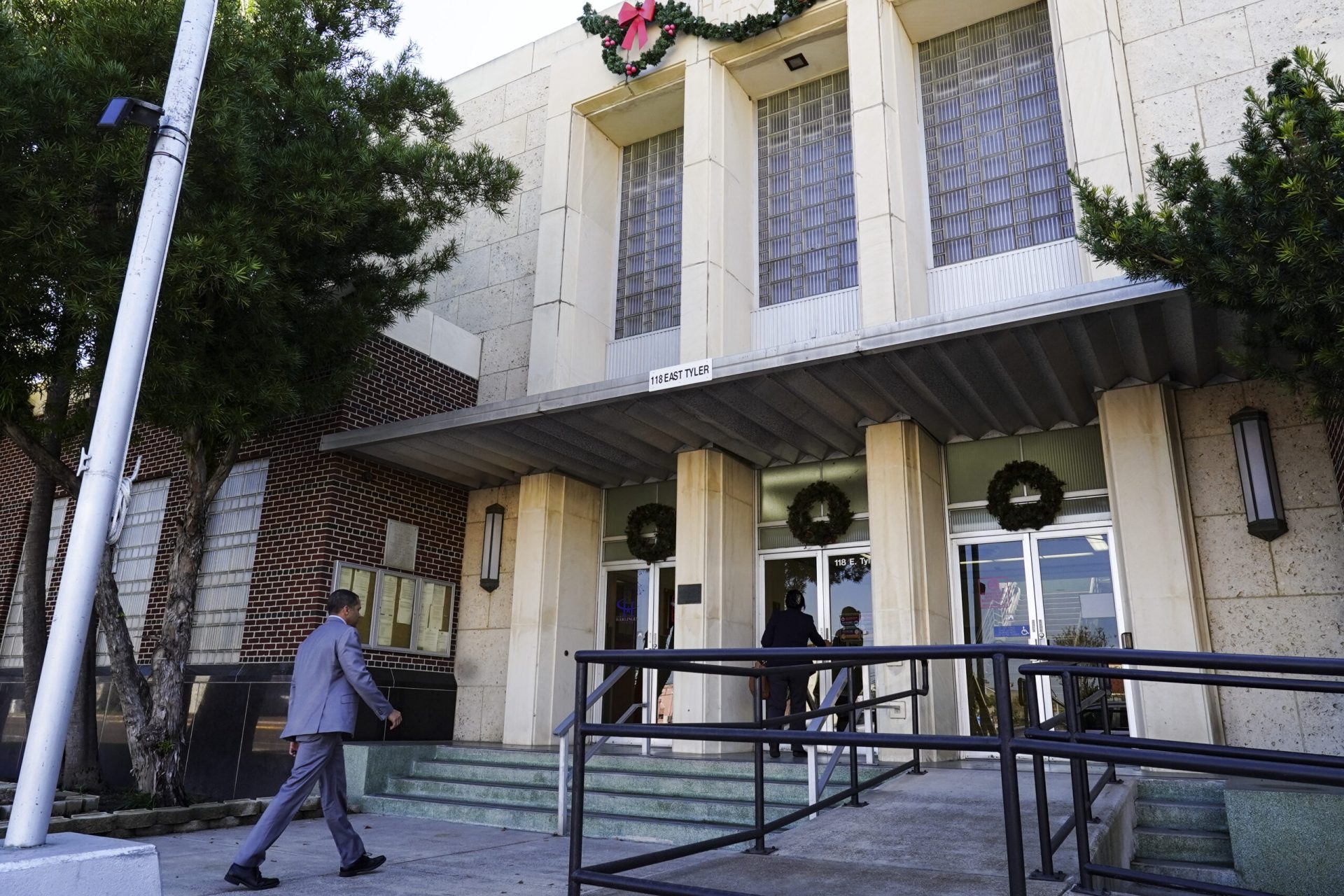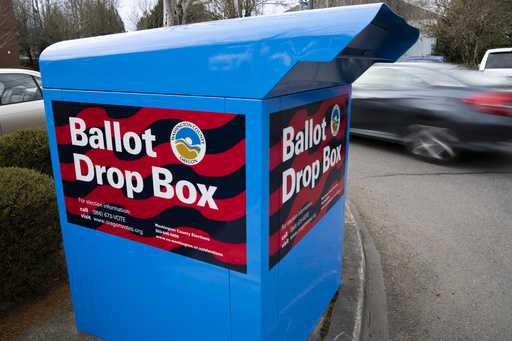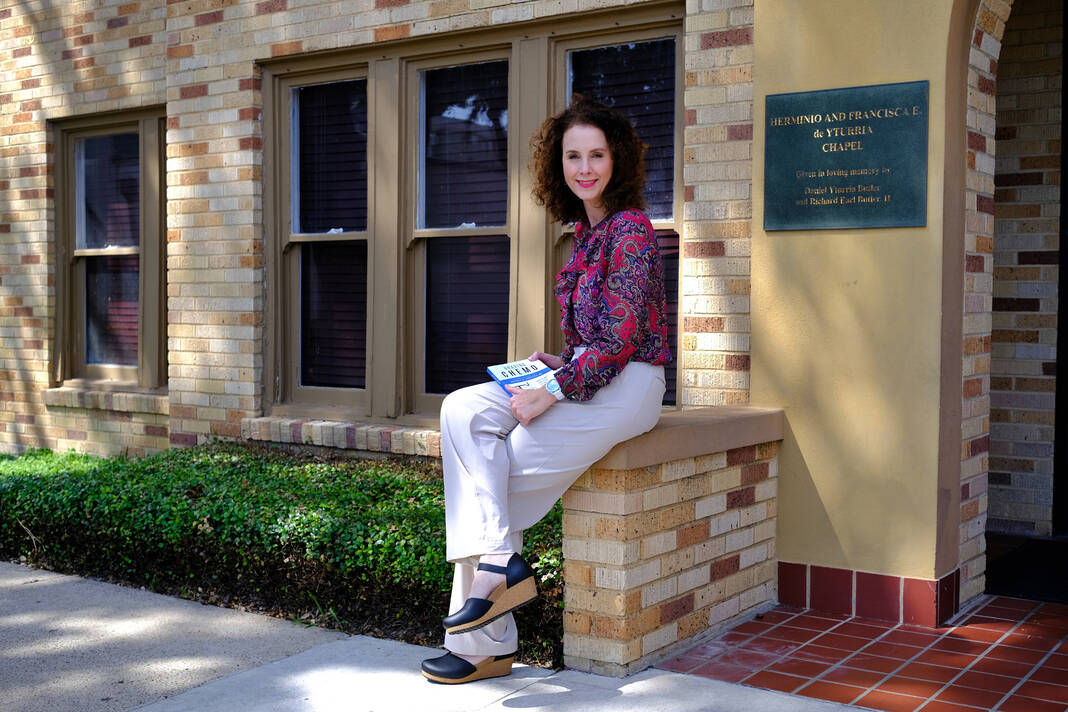HARLINGEN — Amid the nation’s soaring medical costs, City Hall employees’ health insurance premiums are jumping about $400,000 to $8.8 million as officials consider self-insuring the city to try to cut rates.
Two months after returning to the city’s longtime insurance consultant, commissioners are entering into an $8.8 million contract with United Healthcare, whose current premium stands at $8.4 million, to cover more than 650 City Hall employees.
Now, commissioners are requesting Scott Gibbs, a consultant with Dallas-based McGriff Insurance Services, plan a package offering the option of self-insuring the city in 2025.
In May, commissioners returned to McGriff after McAllen-based Valley Risk Consulting offered a United Healthcare package whose premium climbed 4.9%, jumping costs by $389,519 last year.
During this year’s negotiations, United Healthcare agreed to cut a proposed 12% rate hike to $8.8 million, boosting costs 5%.
“I think the 5% is a very good, favorable renewal,” Gibbs told commissioners during an Aug. 7 meeting.
During the last year, monthly employee insurance claims climbed 3.3%, with most claims running under $10,000, he told commissioners.
“The claims we get concerned with, and what underwriters get concerned with, are claims above $100,000,” he said.
At City Hall, nine employees have submitted claims over $100,000, Gibbs said.
“Those are claims we continue to monitor as we go forward,” he said.
Now, the city’s medical loss ratio stands at 85%, slightly below the industry’s mark.
“It’s what the carrier looks at,” Gibbs said, referring to the loss ratio. “Most carriers look for about an 87% loss ratio. Again, we’re running good — a little bit less than trend.”
Under the city’s insurance plan, employees will pay $649 for individual coverage, paying $1,415 to cover themselves along with a spouse, while paying $2,190 for family coverage.
Under the plan, individual deductibles stand at $1,750, with family deductible set at $3,500, while copays come in at $25 for doctor’s visits and prescription drugs.
 Harlingen City Hall is pictured Thursday on Tyler Avenue on Jan. 7, 2022. (Denise Cathey/The Brownsville Herald)
Harlingen City Hall is pictured Thursday on Tyler Avenue on Jan. 7, 2022. (Denise Cathey/The Brownsville Herald)After months of debate, commissioners are considering self-insuring the city to try to cut costs, requesting Gibbs work to present a proposal next March.
“Seventy percent of our clients are partially self-funded,” Gibbs told commissioners.
With a self-insurance plan, the city would cut premiums based on lower administrative costs.
Under the plan, the city would fund as much as $150,000 of employee’s claims while contracting with a carrier offering reinsurance to cover claims of more than $150,000, Gibbs said.
For decades, the city’s often turned to McGriff to handle its employee health insurance plans.
In May, commissioners returned to McGriff after working with Valley Risk Consulting.
In 2022, commissioners turned to Valley Risk after dropping McGriff, which had handled the city’s employee health insurance plans for at least 10 years.
Since at least 2013, the city had been contracting with McGriff, which in 2021 recommended commissioners select United Healthcare as the city’s insurance carrier, dropping Blue Cross-Blue Shield after five years.
That year, on McGriff’s recommendation, commissioners entered into a $5.39 million contract with United Healthcare, up $790,000, or 16.8%, over the year before.
Commissioners had agreed to drop Blue Cross-Blue Shield after it boosted its premium from $5 million to $6.14 million, an increase of $1.4 million.
Nearly every year, city officials have been facing climbing insurance premiums.
For five years, Blue Cross-Blue Shield served as the city’s insurance carrier.
In 2016, the city returned to Blue Cross-Blue Shield after contracting with other carriers for three years.
From 2012 to 2015, the city contracted with Valley Baptist Health Plans, which changed its name to Allegian in 2014, for its employees’ health insurance coverage.
The post Harlingen health premium climbs to $8.8 million appeared first on MyRGV.com.
 (2).png)
 3 months ago
62
3 months ago
62








 English (US)
English (US)